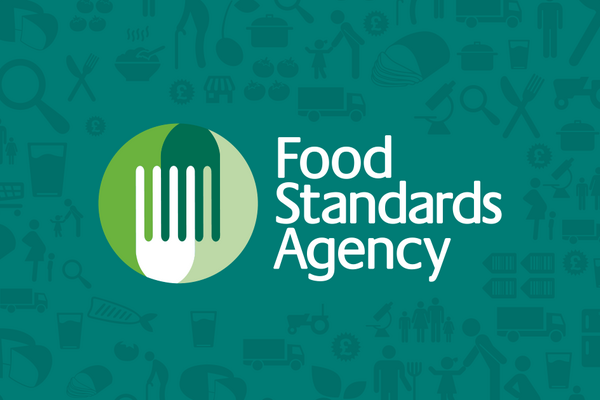The Cannabis Trades Association (CTA) has called on the Food Standards Agency (FSA) to adopt a UK-specific regulatory framework that balances consumer safety with the growth of the struggling CBD sector. In its response to the FSA consultation, "Correcting References in the Food Safety Act 1990 and Food Standards Act 1999," the CTA outlined key changes to mitigate the adverse impact of current regulations, which have contributed to the closure of over 50% of UK CBD businesses.
The CTA's response highlighted the inefficiencies of the Novel Food process, which has hindered the industry's ability to operate and grow. Among its recommendations, the CTA proposed licensing CBD and Novel Food producers, setting maximum THC levels in line with international standards, and offering clear guidelines for the safety and packaging of CBD products. These steps, it argued, would reduce regulatory burdens, safeguard consumers, and provide a more supportive environment for compliant businesses.
Marika Graham-Woods, Executive Director of the CTA, stressed the need for urgent reform:
The FSA must position itself as a global leader in CBD regulation. The current framework is overly cumbersome and has placed unsustainable financial and operational pressures on our industry. A revised regulatory approach that fosters innovation while protecting consumers is crucial for the UK to remain competitive.
The CTA is advocating for a more flexible licensing system that enables producers to manage their supply chains while maintaining compliance with safety standards. Graham-Woods added,
Consumer choice and safety are not mutually exclusive. By embracing full-plant CBD products and setting sensible maximum THC levels, the FSA can create a regulated yet thriving market, ensuring the UK’s CBD industry reaches its full potential.
In its letter, the CTA also urged the FSA to draw on guidance from the Home Office to set THC limits and called for a more collaborative approach between the FSA and industry stakeholders. The association underscored its commitment to working with regulators to design a framework that promotes both consumer trust and industry sustainability.
The CTA reiterated its willingness to engage in open dialogue with the FSA and other regulatory bodies, advocating for a regulatory framework that not only protects consumers but also supports the long-term viability and growth of the CBD sector.







You must be logged in as a member to add comments.
Become a member
Already a member? Log in or create an account.